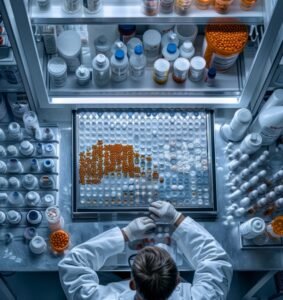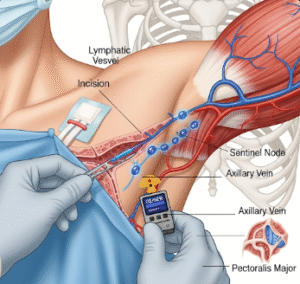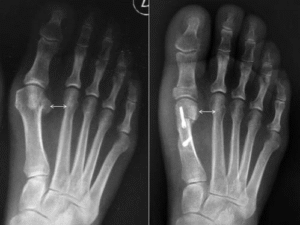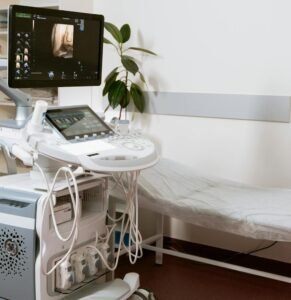Overview
Giardiasis is an intestinal infection caused by the parasite Giardia lamblia (also known as Giardia intestinalis). It spreads through contaminated water, food, or direct contact with infected persons or animals. The disease is relatively uncommon in South Korea compared to developing countries, but it can still occur, especially among travelers, children, and people exposed to contaminated sources. With Korea’s advanced healthcare system, giardiasis is effectively diagnosed and treated.
What is Giardiasis?
Giardiasis is a parasitic infection of the small intestine that interferes with nutrient absorption and causes gastrointestinal symptoms. The parasite is transmitted through ingestion of microscopic cysts found in contaminated food, water, or surfaces. While some cases may be mild or asymptomatic, others can result in chronic diarrhea and malnutrition if untreated.
Symptoms
- Diarrhea (often greasy or foul-smelling)
- Abdominal cramps and bloating
- Nausea and vomiting
- Fatigue and weakness
- Loss of appetite
- Weight loss
- Dehydration in severe cases
Causes
- Ingestion of Giardia cysts from contaminated water sources
- Consumption of improperly washed fruits or vegetables
- Person-to-person transmission in daycare centers or crowded living spaces
- Travel to regions with poor sanitation
- Animal-to-human transmission (zoonotic spread)
Risk Factors
- Drinking untreated or contaminated water
- International travel, especially to developing countries
- Children in daycare centers
- Individuals with weakened immune systems
- Living in or visiting rural or camping areas
- Poor hygiene and sanitation practices
Complications
- Chronic diarrhea leading to malnutrition
- Weight loss and growth delay in children
- Dehydration
- Secondary lactose intolerance
- Reduced quality of life due to persistent gastrointestinal issues
Prevention
- Drink only safe, filtered, or boiled water
- Wash hands thoroughly with soap and water, especially before meals
- Wash fruits and vegetables carefully before eating
- Avoid swallowing water while swimming in lakes, pools, or rivers
- Practice good hygiene in daycare and healthcare settings
- Educate travelers on safe food and water practices
Treatment Options in Korea
South Korea provides advanced diagnostic tools and effective treatment options for giardiasis:
- Diagnosis
- Stool tests (microscopy, antigen detection, or PCR)
- Duodenal aspirates in rare cases
- Blood tests for dehydration and electrolyte imbalance
- Medical Treatment
- Antiparasitic medications such as Metronidazole, Tinidazole, or Nitazoxanide
- Supportive therapy for hydration and electrolyte replacement
- Nutritional support in chronic cases
- Hospital & Specialist Care
- Infectious disease and gastroenterology specialists are available at leading hospitals like Seoul National University Hospital, Asan Medical Center, and Samsung Medical Center
- Pediatric hospitals provide specialized care for children
- Public Health Measures in Korea
- Strong monitoring of water sanitation
- Health campaigns to educate on food safety and hygiene
- Early detection and prompt treatment to prevent spread













